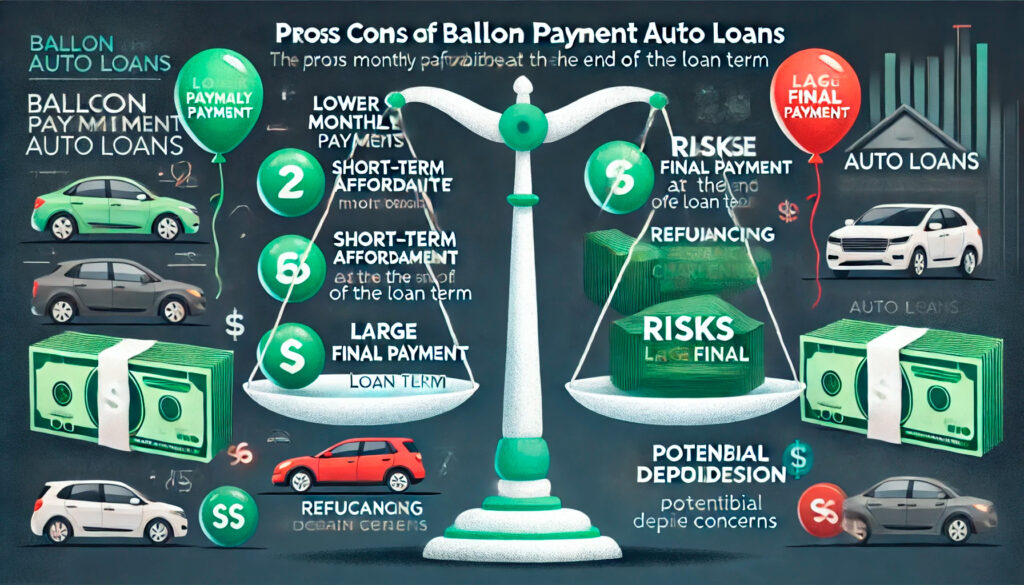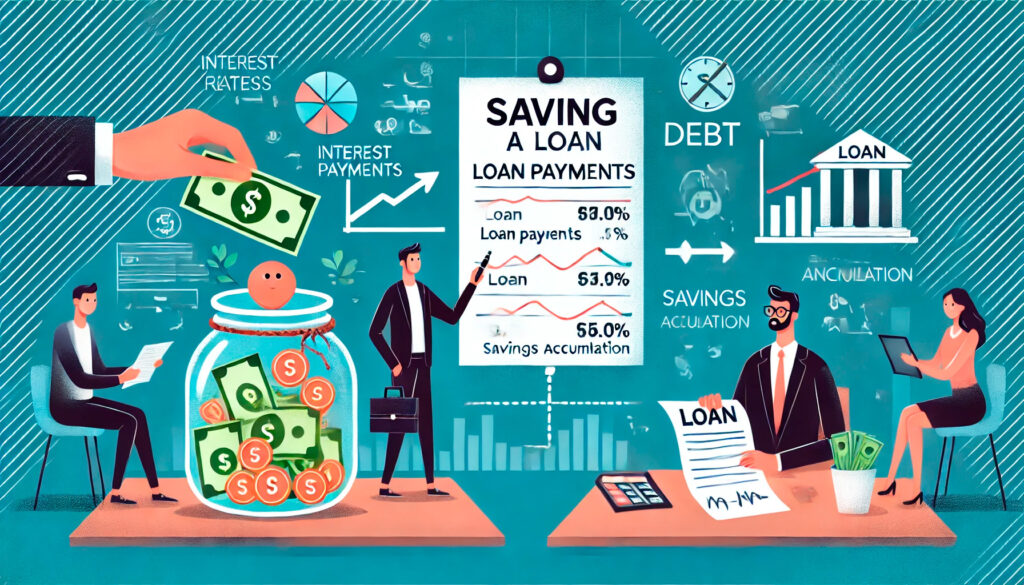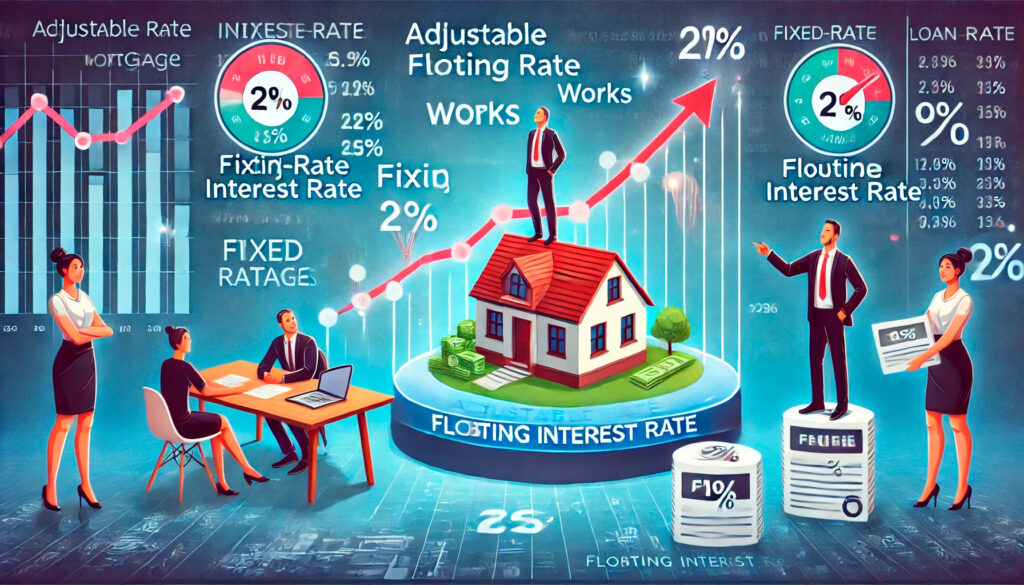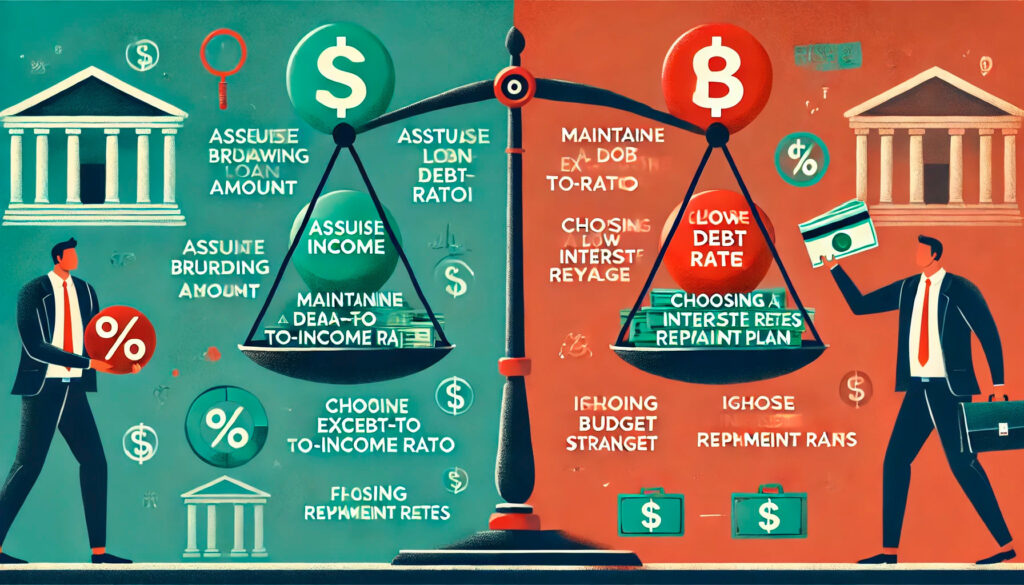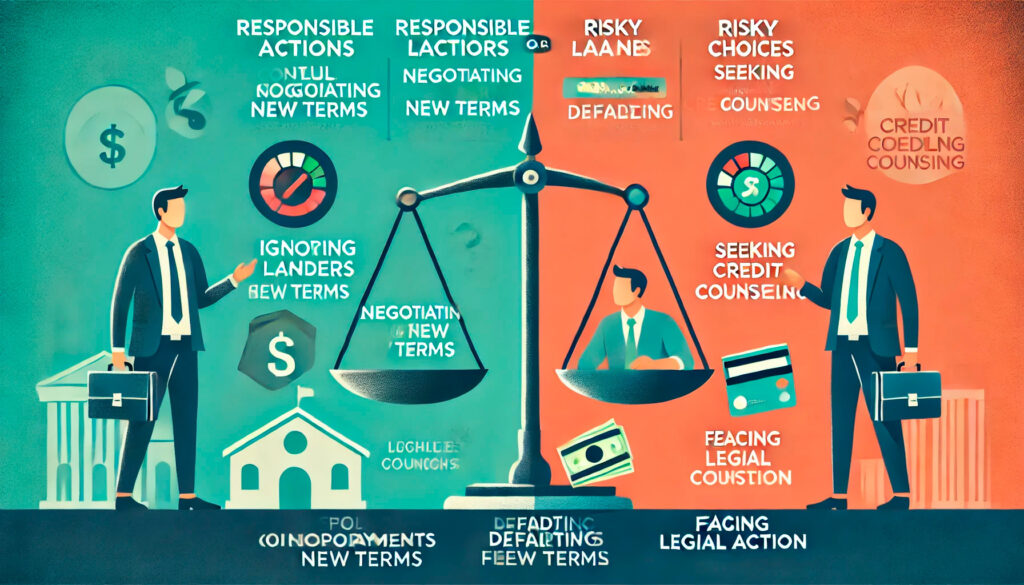Balloon Payment Auto Loans: What Are They and How Do They Work?
When it comes to financing a car, there’s no shortage of options. From traditional auto loans to leasing agreements, each method has its own set of advantages and drawbacks. One lesser-known but intriguing option is the balloon payment auto loan. This type of loan offers lower monthly payments but comes with a significant lump-sum payment at the end of the term.

